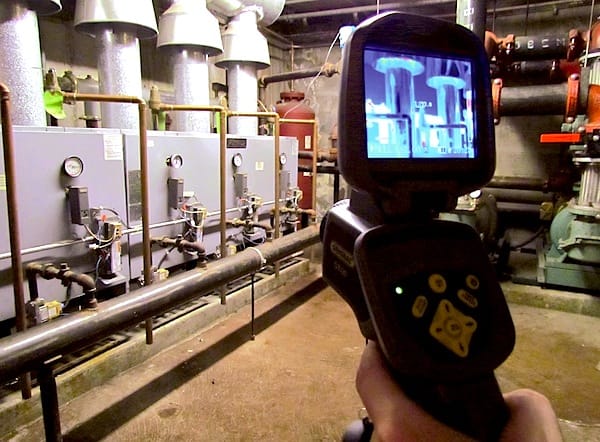It’s been said that a bad workman always blames his tools. Now, while this is sometimes the case, where a poor job has been performed because the worker simply didn’t have the skill, your tools matter a great deal. It doesn’t matter if you’re the best carpenter in the world, you aren’t going to be able to make a masterpiece table if you’re only equipped with a wrench and a tree.
Without the appropriate tools and equipment for your industry, you can’t expect to deliver the service you want and compete with other companies. Even if you can work something out, it might take far longer to get the job done, wasting materials and money along the way. The wrong equipment can even be dangerous, risking lives and health.
Unfortunately, equipment doesn’t come cheap. Investing in your tools and equipment is worth it, but you’ve still got to make the right choices along the way.

Hiring Vs Buying
One of the most important decisions when it comes to getting equipment and tools is where to hire or buy what you need.
Simply put, hiring equipment is cheaper in the short term, but buying equipment can save you money in the long run. Also, when you buy equipment, you know that it’s there when you need it and don’t have to constantly look for it.
As a general rule, if you use equipment rarely, hiring is often a better option. You save money and space, and the equipment should be maintained by the company lending it to you.
Another option is to outsource the work you need to experts. In that way, if you need high-precision machining parts for your business, you can use professional CNC machining services, which means you’ll get the parts you need without having to hire or buy any equipment at all.
For example, if you use forklifts, buying forklift booms allows you to ensure that you have the highest quality equipment for reliable, safe work.
Balancing Quality With Expense
As a general rule, you get what you pay for. Does this mean that you should only get the most expensive equipment you can afford?
Obviously, no. Running a business is about knowing where to put your money and making smart choices. The trick is to make sure you have the equipment you need. How new, shiny, or exciting a piece of equipment is isn’t important.
Instead, focus on reliability, safety, usability, and efficiency. Balance this with the cost and the needs of the job. You might find the cheaper option also happens to be the best option.
Software Tools
As well as physical equipment, it’s beneficial to invest in software tools to streamline your business.
Different tools allow you to better manage your projects, employees, and finances. Different software can essentially cover different jobs, allowing you to work more efficiently and effectively. It can also prevent errors and mistakes. Even better, that saved time can then be spent on more profitable projects.




Join the conversation: